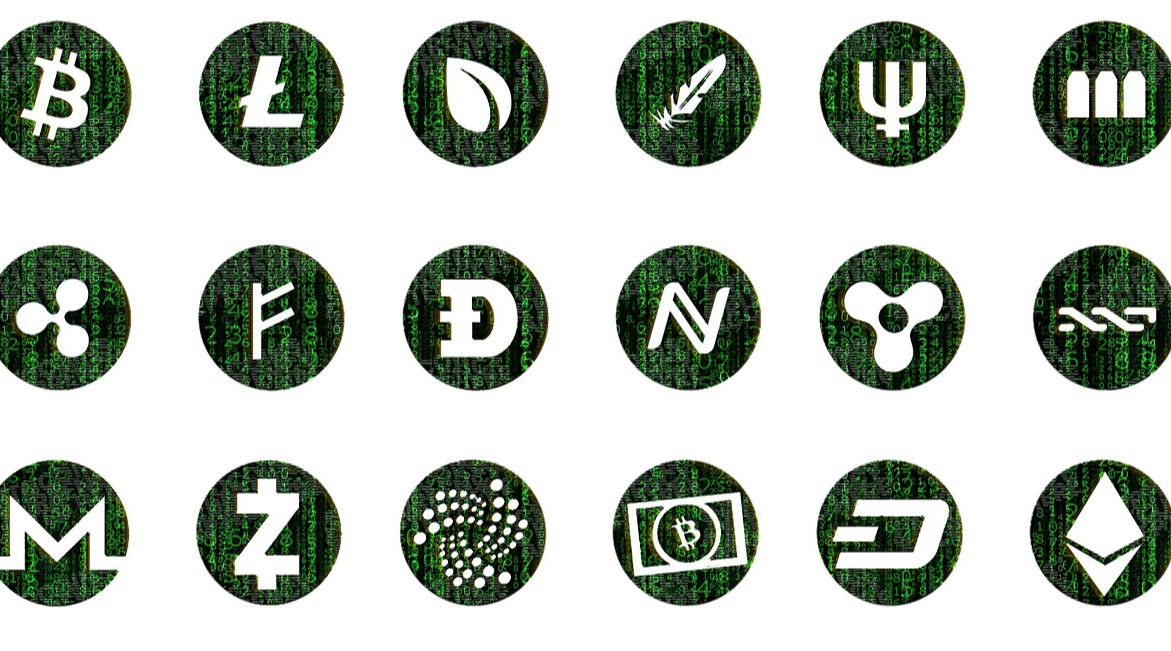On December 28, the DeFi portfolio company, Debank announced that it raised $25 million in a new round of funding that brings the company’s total valuation to $200 million. The China-based company disclosed on Twitter that it had raised fresh funding led by the major venture capital firm, Sequoia China. Others firms that participated in the new funding, include Dragonfly investment company, Hash Global fund management company, Youbi venture capital firm, Coinbase Venture, Crypto.com payment and cryptocurrency platform, Circle payments technology company and Ledger hardware wallet firm.
Although Debank did not elaborate how it plans to use the additional funds, it is likely that the firm will use the cash in scaling its products and attracting new DeFi users as the landscape sees continued growth. However, Crypto.com confirmed its participation in the fund-raising event and mentioned that it is delighted to be assisting Debank, which aims to bring the next billion users to Web 3.0 that incorporates decentralization based on blockchains.
Debank is a DeFi portfolio tracking firm that allows users to navigate and manage DeFi assets. It is an all-in-one crypto wallet that helps users to track DeFi data and decentralized applications, find DeFi projects, manage DeFi assets, compare DeFi interest rates and analyse DeFi risks. Moreover, the platform enables users to conduct token swaps and discover investment opportunities through real-time data. According to its website, Debank allows users to track 798 protocols across 17 chains, such as Ethereum, Avalanche, Fantom, Polygon, the Binance Smart Chain and others. The platform was established in 2018, co-founded by a Chinese research and development expert, Tang Hongbo, the current CEO of the firm.
Why DeFi Is on The Rise
The development by Debank comes at a time when Chinese demand for DeFi is soaring. As previously reported by Finance Magnets media outlets, China banned crypto exchanging, trading, trading and mining in September. By doing so, the country caused massive destruction that led to the demise of centralized exchanges. After the announcement of the crypto crackdown, Huobi and Binance were some of the Chinese centralized exchanges that halted account registration for new customers in Mainland China and planned to shut down the accounts for existing users by end of the year. However decentralized finance options have seen enormous growth. Existing crypto holders and investors have been turning to DeFi as a way of bypassing government rules while betting on China’s blockchain ’s future. Just like VPNs are extremely difficult to curb in practice, enforcing the ban on DeFi cryptocurrency users would be a difficult task. As a matter of caution, several China-based DeFi firms are incorporated outside the country and serve anonymous users.


















